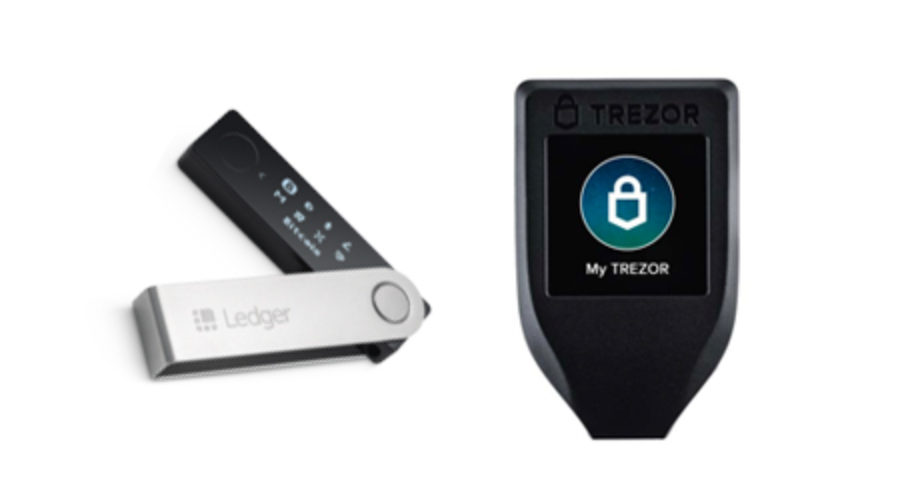Cryptocurrency regulation sec
CME (ticker: CME) is a financial services company whose businesses include clearinghouse services and derivatives exchanges. Among the products covered by these services are cryptocurrencies, including Bitcoin and Ethereum.< https://quicklocs.com/listing/ye-olde-mitre-public-house/ /p>
At the heart of every digital payment protocol is the absence of central intermediaries (and therefore, lower costs for businesses and consumers). So, Block (SQ 4.62%) (formerly Square) and PayPal (PYPL -0.62%) saw a meaningful business opportunity in enabling users to purchase and hold cryptocurrencies within a digital wallet.
Marathon Digital is a digital asset technology company and one of the largest and most valuable pure-play Bitcoin mining stocks out there. In fact, given the doldrums that the cryptocurrency and blockchain industries faced throughout 2022, MARA is the only Bitcoin pure-play included on this list.
Cryptocurrency wallets
A key is a long string of random, unpredictable characters. While a public key is like a bank account number and can be shared widely, the private key is like a bank account password or PIN and should be kept secret. In public key cryptography, every public key is paired with one corresponding private key. Together, they are used to encrypt and decrypt data.
For a popular all-in-one hardware wallet, consider the Crypto.com DeFi Wallet, widely regarded as one of the most trusted and secure wallets to store NFTs — and voted the best NFT wallet 2024 by TradingPlatforms.
So, the term ‘wallet’ is somewhat of a misnomer, as crypto wallets don’t actually store cryptocurrency in the same way physical wallets hold cash. Instead, they read the public ledger to show the balances in a user’s addresses, as well as hold the private keys that enable the user to make transactions.
A hardware wallet is an external accessory (usually a USB or Bluetooth device) that stores a user’s keys; a user can only sign a transaction by pushing a physical button on the device, which malicious actors cannot control.
It is important to remember that cryptocurrency transactions do not represent a ‘sending’ of crypto tokens from a person’s mobile phone to someone else’s mobile phone. When sending tokens, a user’s private key signs the transaction and broadcasts it to the blockchain network. The network then includes the transaction to reflect the updated balance in both the sender’s and recipient’s address.
With a non-custodial wallet, you are the only one who has access to your private keys. This might sound like a recipe for disaster (after all, if you lose your keys, you lose your crypto), but non-custodial wallets actually offer two big advantages.

Cryptocurrencies
Cryptocurrencies were introduced with the intent to revolutionize financial infrastructure. As with every revolution, however, there are tradeoffs involved. At the current stage of development for cryptocurrencies, there are many differences between the theoretical ideal of a decentralized system with cryptocurrencies and its practical implementation.
Cryptocurrencies are digital assets that are secured by cryptography. As a relatively new technology, they are highly speculative, and it is important to understand the risks involved before investing.
Enthusiasts called it a victory for crypto; however, crypto exchanges are regulated by the SEC, as are coin offerings or sales to institutional investors. So, crypto is legal in the U.S., but regulatory agencies are slowly gaining ground in the industry.
Although the biggest PoW blockchains consume energy on the scale of medium-sized countries, the annual power demand from proof-of-stake (PoS) blockchains is on a scale equivalent to a housing estate. The Times identified six “environmentally friendly” cryptocurrencies: Chia, IOTA, Cardano, Nano, Solarcoin and Bitgreen. Academics and researchers have used various methods for estimating the energy use and energy efficiency of blockchains. A study of the six largest proof-of-stake networks in May 2021 concluded:
A number of aid agencies have started accepting donations in cryptocurrencies, including UNICEF. Christopher Fabian, principal adviser at UNICEF Innovation, said the children’s fund would uphold donor protocols, meaning that people making donations online would have to pass checks before they were allowed to deposit funds.


